Surfing in Hainan, China: Catch a Wave in Sanya's Houhai Bay
Discover a close-knit surfing community in Houhai Bay, a bohemian town in a corner of Sanya on the Chinese island province of Hainan.
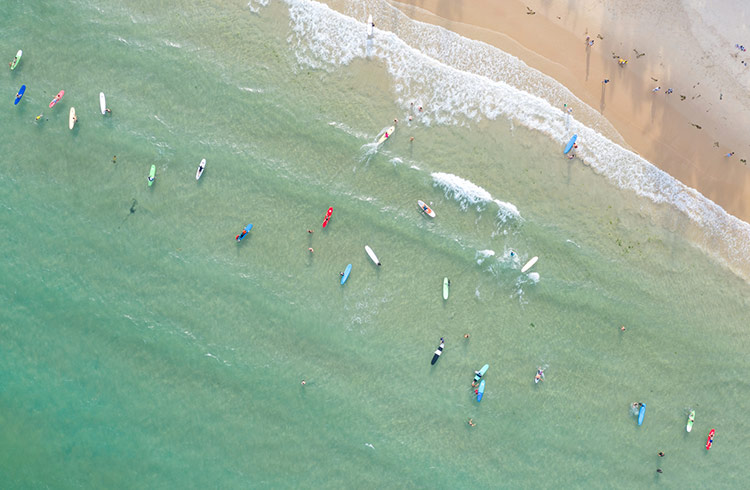 Photo © Getty Images/zhengjie wu
Photo © Getty Images/zhengjie wu
Arriving at the beach shack bar of Jile Hotel on Sanya’s Houhai Bay, I initially feel a little out of place, as I don’t have a six-pack stomach.
On any given afternoon here, Chinese surfer bros and babes spray each other with hoses after surfing in the ocean a few meters from the bar, then recline in hammocks with cold beers. Surfing is still an incredibly niche sport in China, but in this small corner of Sanya, Hainan Island’s south coast city, it’s a way of life.
Sanya’s surfing community
I meet two people at the center of Sanya’s surfing community: Monica Guo and Darci Liu, aka the queens of Houhai Bay. Guo is a pro surfer and is on the Chinese national surf team; Liu is a pro surfer turned environmentalist and documentary maker.
Liu and Guo were part of the first wave of Chinese surfers, catching the bug after the sport was introduced to Hainan around 15 years ago, largely by US and Japanese surfers visiting the island. “There weren’t even any Chinese versions of many surfing terms, so my friend and I had to make our own Chinese surfing dictionary,” says Liu.
Guo leans out of a hammock to pet her small, sandy-colored dog Honey, who likes to fearlessly hop on her human mum’s board in the water. “I used to be like, ‘Work, work, work’ in the city before I discovered surfing,” Guo says. “I loved buying high-heeled shoes, partying every night, shopping every day. Surfing changed me.”
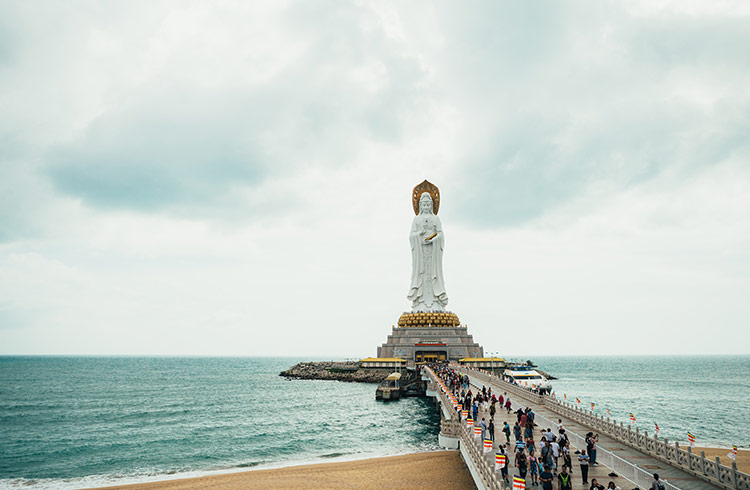
Local surf lessons in Houhai
When not training or competing in surf competitions, or giving public lectures about marine conservation, Guo and Luo give surf lessons on Houhai – and today it’s my turn. As we enter the water, the pair teach me to paddle like heck with my hands just before incoming waves breaks, then attempt to leap onto the board. As my teachers effortlessly soar to the sand, I giddily topple under the surface.
Still, even if you’re less naturally suited to water propulsion than a waste disposal truck, Houhai Bay has much to offer. Its bohemian vibe is bolstered by a small skate park built into the front of a bar neighboring Jile Beach’s terrace, and nearby artsy hangout spot Kaleidoscope hosts film screenings and DJs. It’s a little bit hipster, and a lot of fun.
Indeed, with Sanya being little over 186mi (300km) from the eastern Vietnamese coast, the atmosphere at Houhai is more tropical southeast Asia than modern China. Attitudes towards surfing here were not always so laid back, though.
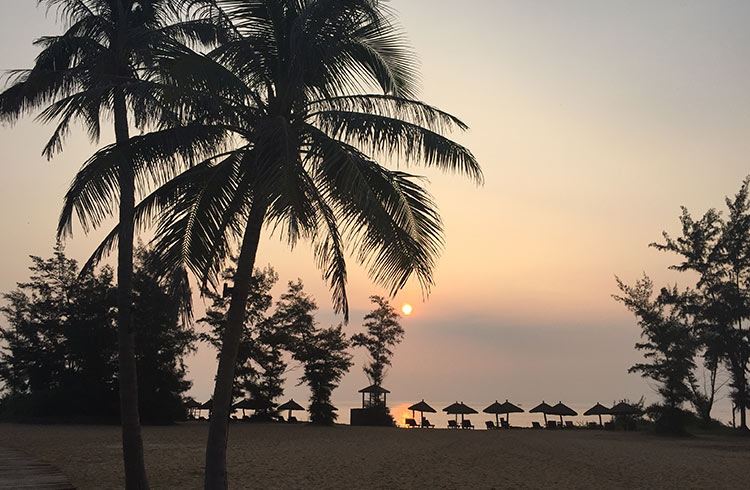
How surfing changed Hainan
When surfing was introduced to the region, local authorities took a dim view of young, tattooed, bikini and Speedos-wearing bohemians plonking big colorful boards in their pristine oceans. Police used to tell them that they weren’t allowed to surf near swimmers.
In the summer of 2016 things changed on Hainan. The government built a surf academy at Riyue Bay, a large beach with great surf north of Houhai, and recruited legions of child surfers to train there. The aim was to train a new generation of surfers to win medals for China in international competitions.
I take a taxi up to Riyue and meet Li Jing, another member of the first wave of Chinese surfers, who is based at a Riyue surf shop. She says that once local authorities realized that the central government ‘approved’ surfing, things became easier for her and her friends, including Liu and Guo.
“If we carried boards on our cars police would stop us, saying it’s dangerous,” she says between slurps of coconut milk. “But now police are like, ‘Oh, they’re surfers!’. And on beaches, if surfers go, we’re welcomed… they now know we’re not just ‘homeless’ people who don’t work.”
I also meet Michael Weaver, a Florida-born surf coach hired to train the government-approved surfers. He says the new ‘official’ surf center has created two surf factions on Hainan: “The ‘free surf spiritual’ thing, and the competitive side.”
Houhai Bay is very much the home of the former group. As sun sets on the bay, a few miles west the tourist hoards exit coaches and cascade into the strip restaurants by the large, packed beaches. In contrast, on Houhai the dominant sounds are waves and lazily-plucked acoustic guitars.
“This is my happy place… my happy temple,” says Liu, gently pushing her hand against a tree trunk to get her hammock swinging again.
Trip Notes
For surfing lesson enquiries, contact Darci Liu at darciliu[at]gmail[dot]com.
Related articles
Simple and flexible travel insurance
You can buy at home or while traveling, and claim online from anywhere in the world. With 150+ adventure activities covered and 24/7 emergency assistance.
Get a quote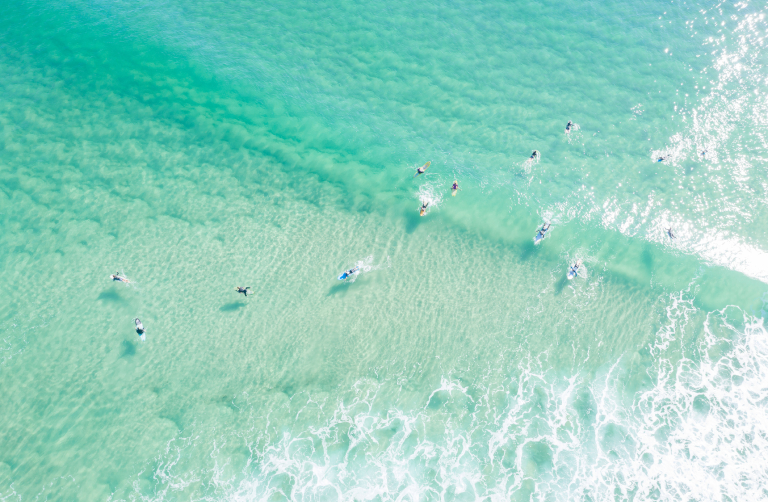
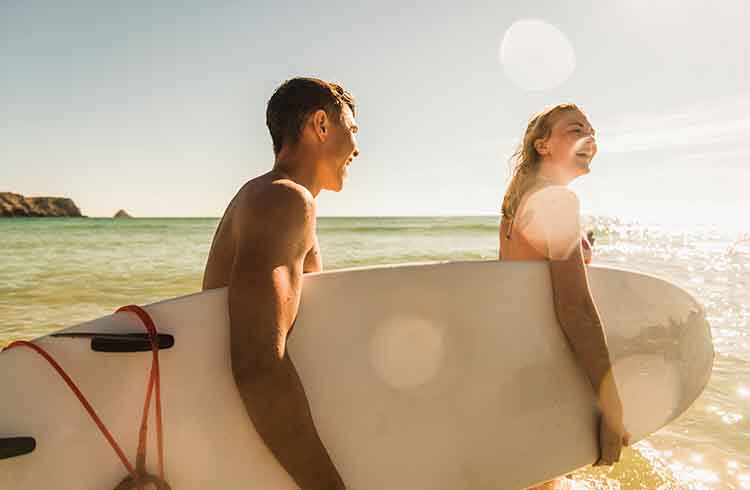
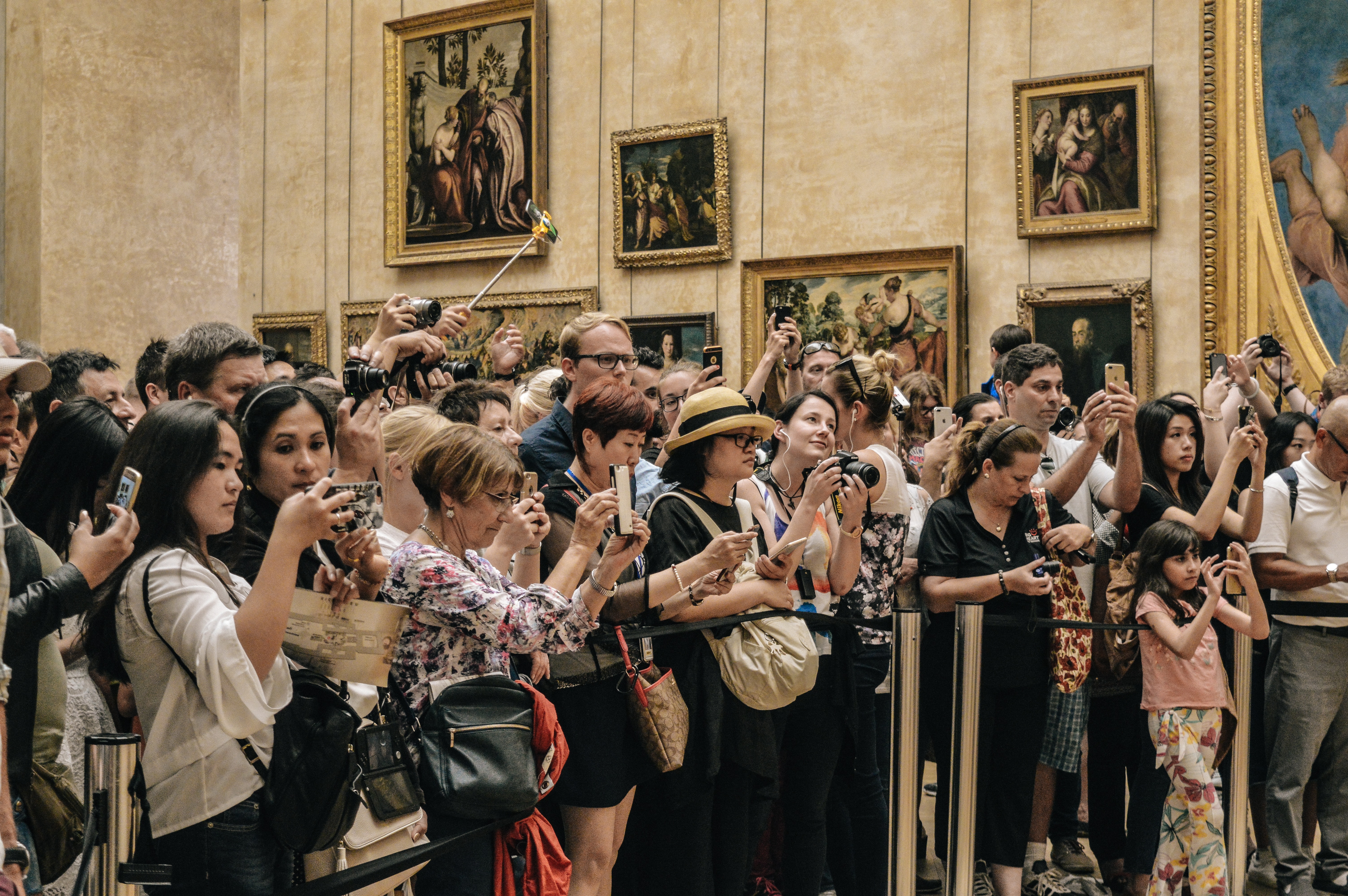
1 Comment
Hi
I’m currently in Dongguan. Have surfed for 20 years. Are you looking for a surfing instructor?
Regards
Steve